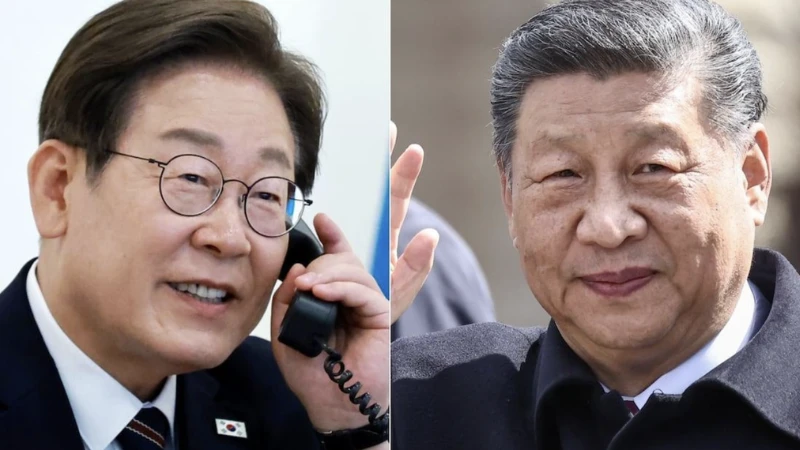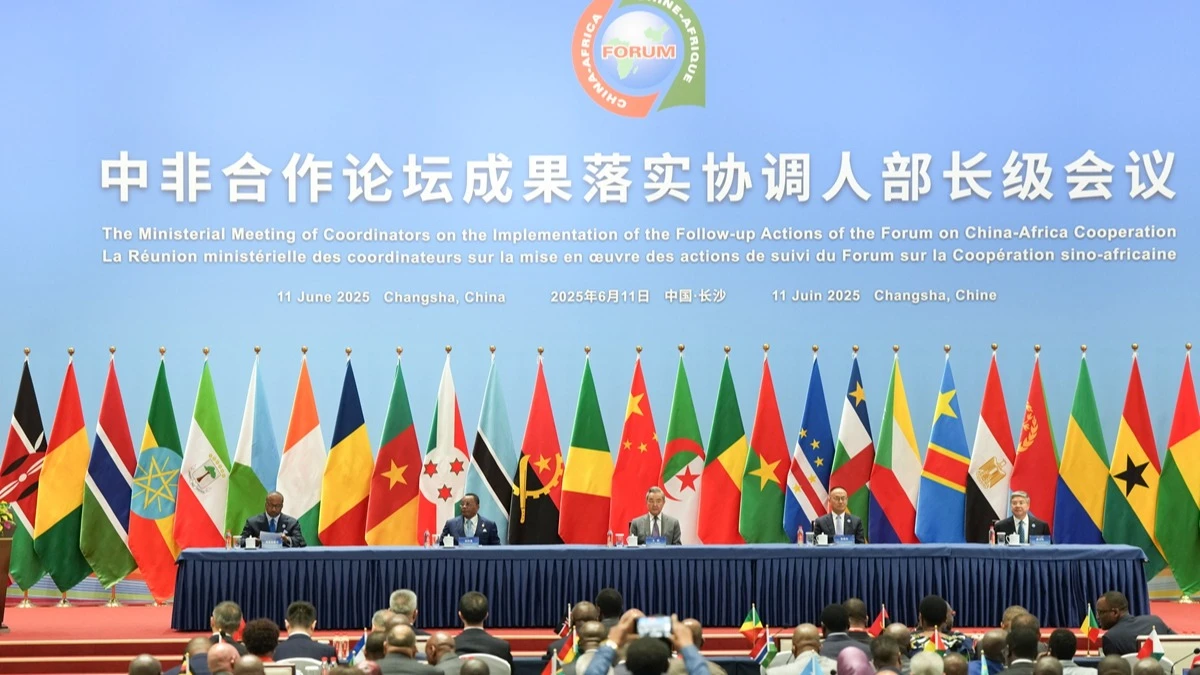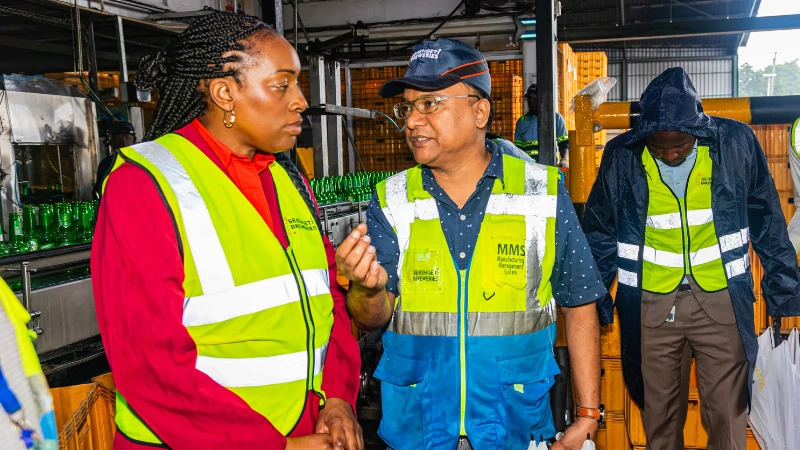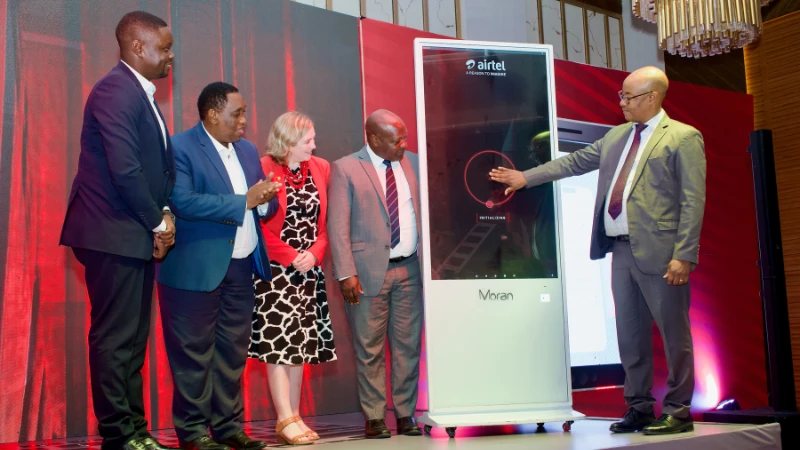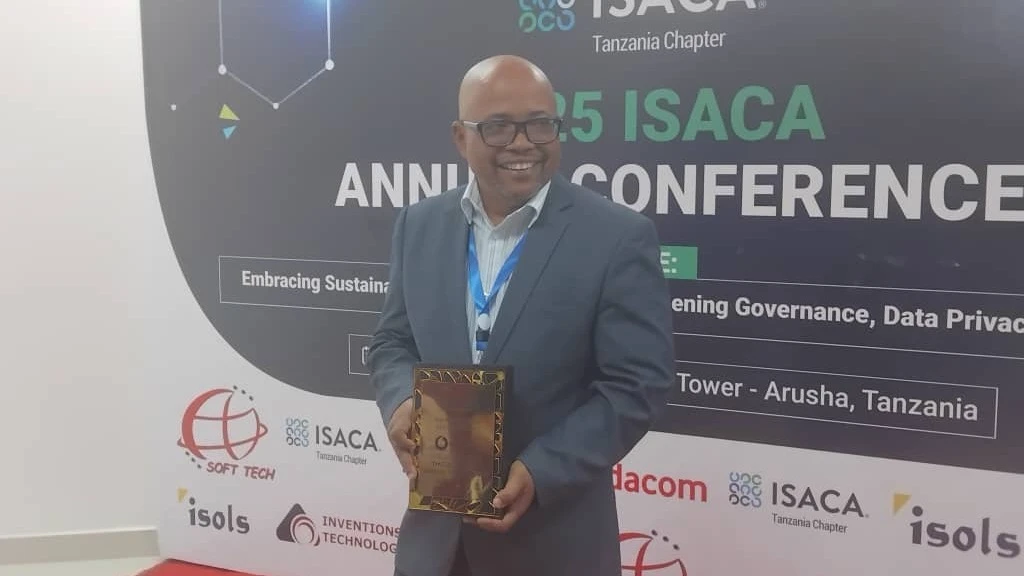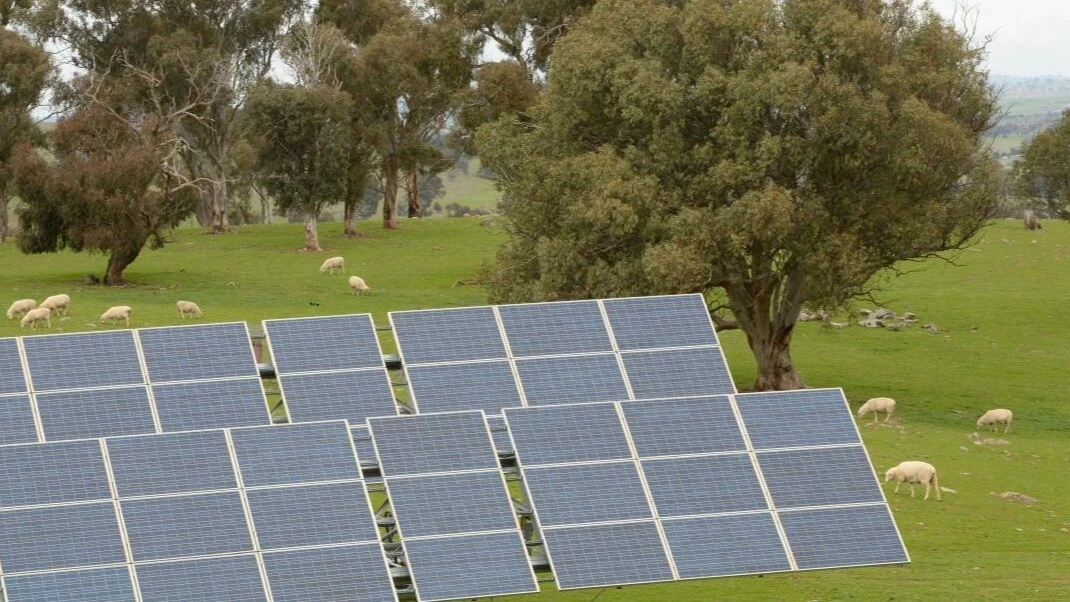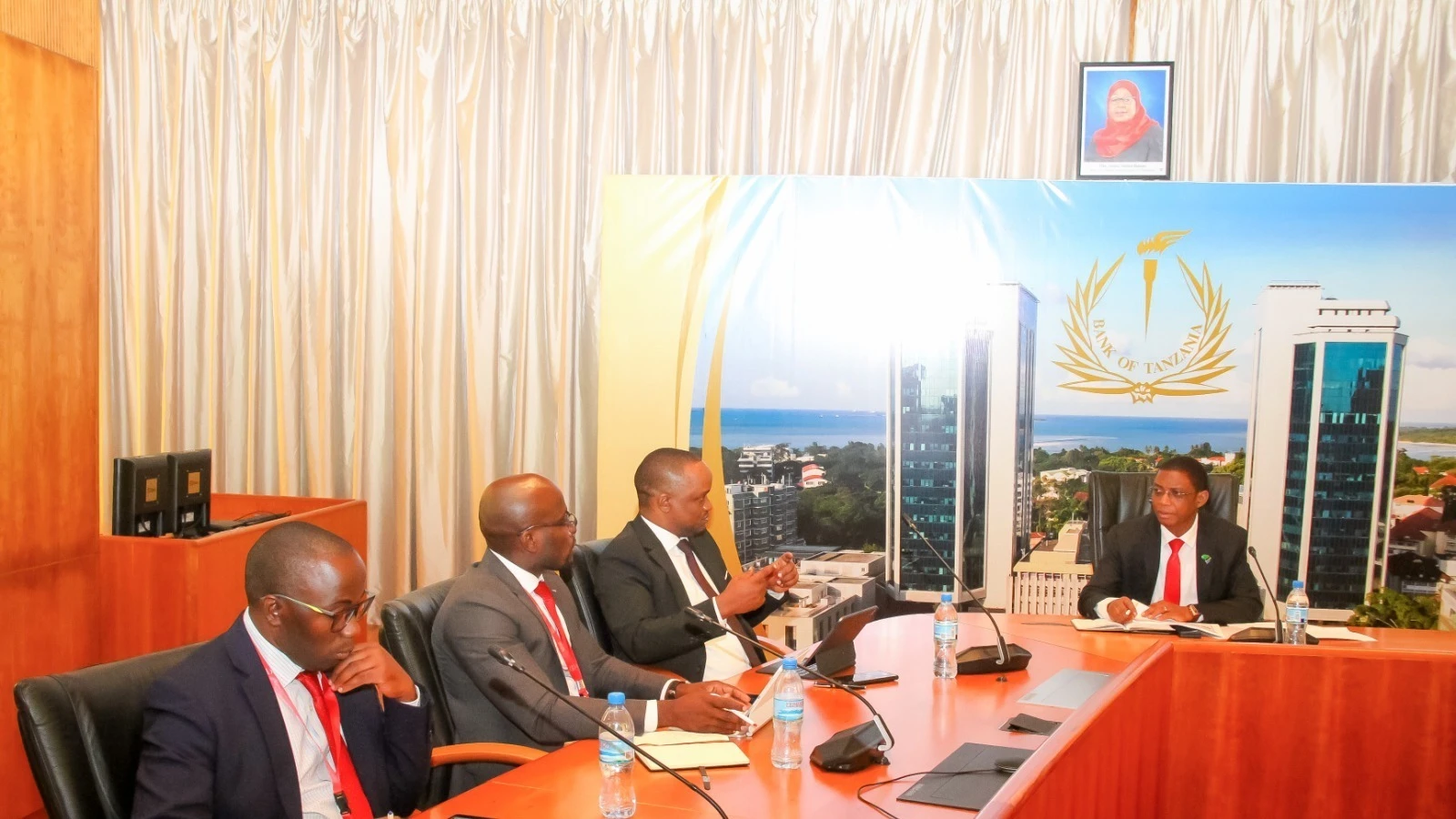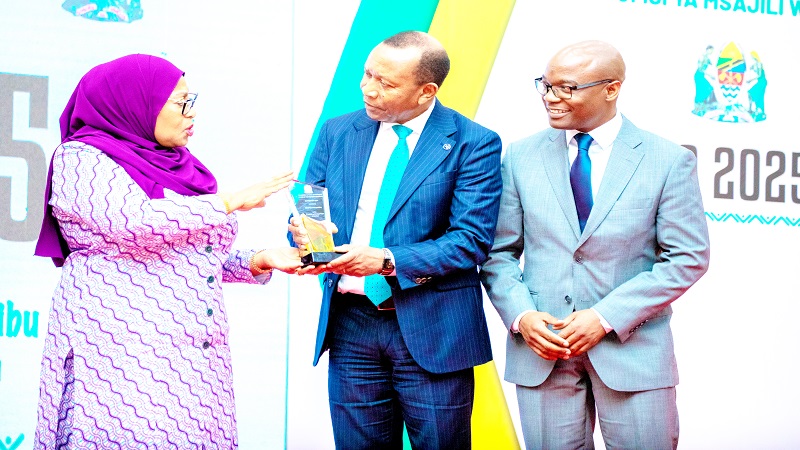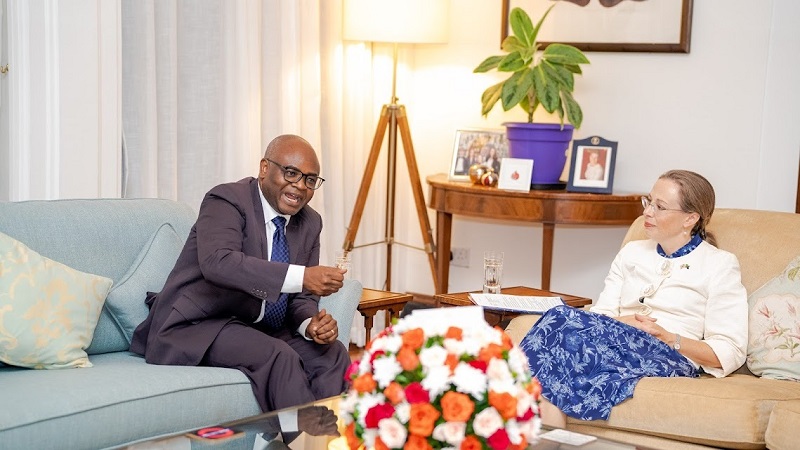STEM top priority in Zanzibar’s education sector, says minister

DEPUTY Minister for Education and Vocational Training in Zanzibar, Ali Abdulgulamu Hussein, has emphasized that the government recognizes education in science, engineering, mathematics and technology (STEM) as a top priority in today’s fast-paced, science and technology-driven world.
He made the remarks yesterday in Zanzibar while officially opening the 8th Education Stakeholders’ Meeting to review the progress of Zanzibar’s education sector. The deputy minister said the national agenda focuses on equipping the new generation of Zanzibaris with the knowledge and skills needed to compete effectively in the job market.
He stressed that strengthening STEM education and skills development is key to building a strong foundation for sustainable development. This approach aims to produce hardworking youth capable of addressing economic and social challenges.
Hussein noted that this initiative is crucial to achieving the goals outlined in Zanzibar’s 2020/2050 development vision, which calls for graduates who meet employment demands and opportunities.
“Without a doubt, these goals are attainable but require collective effort through curriculum development and effective implementation strategies,” he said.
He urged stakeholders to take the opportunity to thoroughly discuss how STEM education is being implemented and to recommend effective measures for its enhancement.
The deputy minister also highlighted the need for significant investment in STEM education to prepare youth to compete regionally and globally by developing and executing diverse strategies that ensure they are job-ready.
He noted the introduction of a new secondary school curriculum that allows pupils to choose between general education and vocational training as part of government efforts to better prepare learners for the job market.
To support this vision, the government has prioritized digital learning methods.
Khamis Abdulla Said, Permanent Secretary in the ministry, reported major strides in the education sector, including equipping over 200 schools with ICT tools to keep pace with technological advancements in teaching and learning.
He credited collaboration with various stakeholders for achievements such as increased female enrollment in science courses, construction of modern schools and provision of teaching and learning materials.
Civil society representative Kaesser Mohammed Said stated that education is a powerful tool for transforming lives. Every child deserves access to education to open doors to development. He called for the responsible use of artificial intelligence, noting that AI carries significant potential in education but must be used carefully.
Top Headlines
© 2025 IPPMEDIA.COM. ALL RIGHTS RESERVED








